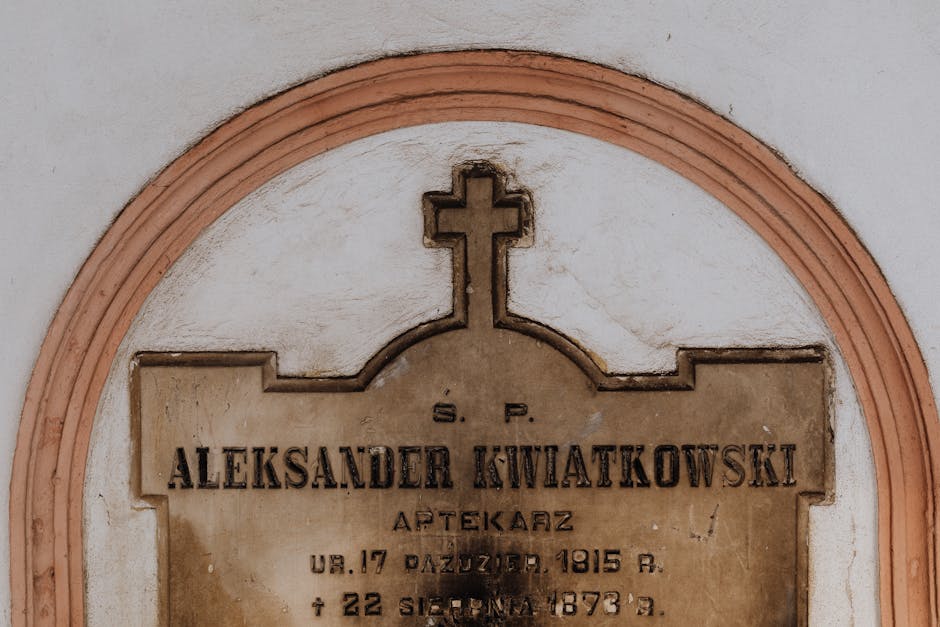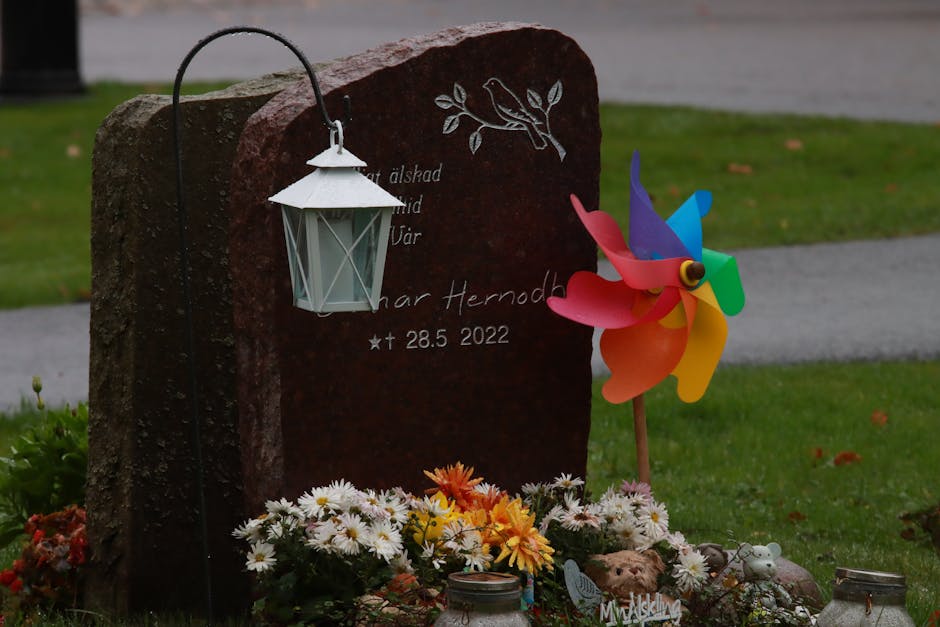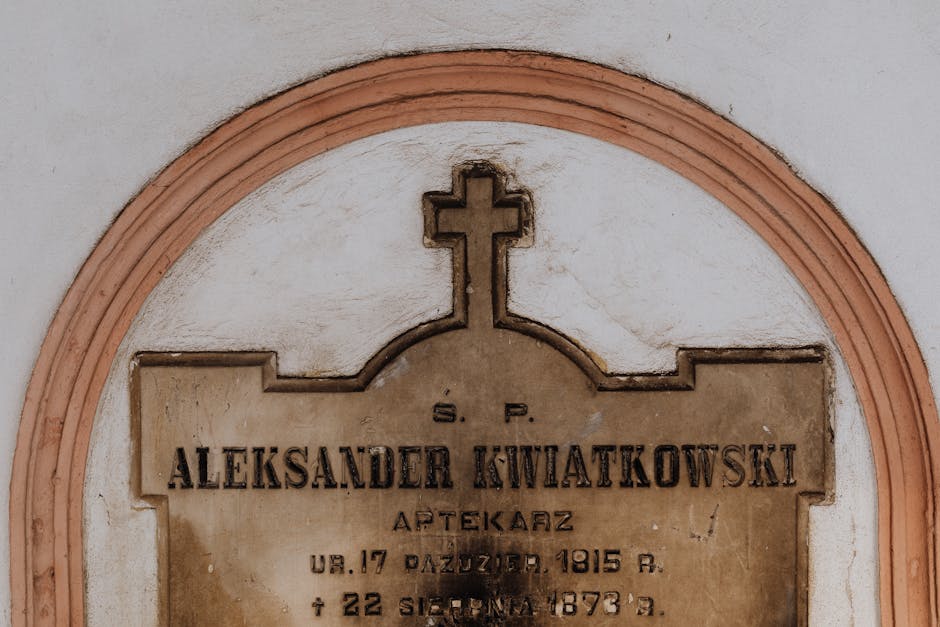Unlocking Maricopa County Death Records: A Comprehensive Guide to Accessing Vital Information
Understanding Maricopa County Death Records
Maricopa County, Arizona, home to Phoenix and numerous other cities, maintains a comprehensive database of death records. Accessing these records can be crucial for various reasons, from genealogical research and inheritance claims to historical studies and legal proceedings. However, navigating the process of obtaining this sensitive information requires understanding the regulations, procedures, and available resources. This comprehensive guide will walk you through everything you need to know about accessing Maricopa County death records.
Why Access Maricopa County Death Records?
The need to access death records in Maricopa County varies greatly depending on individual circumstances. Some common reasons include:
- Genealogical Research: Tracing family history is a popular reason for seeking death records. These records often contain details about the deceased’s parents, spouse, and children, providing invaluable links in a family tree.
- Inheritance and Estate Settlement: Death certificates are essential documents in the probate process, proving the date and place of death and helping to establish the legal heir(s).
- Life Insurance Claims: Insurance companies require a death certificate as proof of death before processing claims.
- Social Security Benefits: Surviving spouses and dependents often need a death certificate to claim Social Security benefits.
- Historical Research: Historians and researchers utilize death records to study mortality rates, disease patterns, and other historical trends.
- Legal Matters: Death certificates may be required for various legal purposes, including updating wills, settling disputes, or proving identity.
Accessing Maricopa County Death Records: A Step-by-Step Guide
The primary source for obtaining Maricopa County death records is the Maricopa County Recorder’s Office. While they don’t directly handle death certificates, they serve as a vital resource for directing you to the correct agency. Here’s a breakdown of the process:

1. Determining the Appropriate Agency
Death certificates are issued by the Arizona Department of Health Services (ADHS), specifically the Office of Vital Records. While the Maricopa County Recorder’s Office may not directly provide the certificates, they often offer guidance and helpful resources to direct you to the ADHS.

2. Submitting a Request to the ADHS
The ADHS accepts requests for death certificates either online, through mail, or in person. The online application is generally the most efficient method. You will likely need to provide the following information:
- Deceased’s Full Name: Including maiden name if applicable.
- Date of Death: As precise as possible.
- Place of Death: City and county within Maricopa County.
- Applicant’s Information: Name, address, phone number, and reason for requesting the record.
- Payment: The ADHS charges a fee for processing the request.
3. Processing Time and Fees
Processing time for death certificates varies, but generally ranges from a few days to several weeks, depending on the demand and method of request. Fees are also subject to change, so it is advisable to check the ADHS website for the most current information. Processing fees often include costs for certification and mailing.
4. Understanding Restrictions and Confidentiality
Accessing death records isn’t always straightforward. Arizona, like many states, has laws protecting the privacy of individuals. While most death records are publicly accessible after a certain period (often 50 years), there are some exceptions. Requests for records involving minors or those containing sensitive information may be subject to additional review and restrictions. You might need to provide legal documentation or demonstrate a legitimate need for access in such cases.
Alternative Resources for Finding Death Records
If you encounter difficulties obtaining records directly from the ADHS, several alternative resources might help:
- FamilySearch: This online genealogy resource, maintained by the Church of Jesus Christ of Latter-day Saints, offers access to a vast collection of digitized vital records, including death certificates from various locations.
- Ancestry.com: A subscription-based genealogy website that provides access to a wide range of historical records, including death records, often with searchable indexes.
- Local Libraries and Historical Societies: Local libraries and historical societies in Maricopa County might possess local records and resources that can assist your search.
- Funeral Homes: Funeral homes often keep records of services they’ve conducted. They might provide information on death certificates if a death occurred recently.
Tips for Successful Record Retrieval
To increase your chances of successfully obtaining Maricopa County death records, consider these tips:

- Be as Accurate as Possible: Double-check all the information you provide to ensure its accuracy. Even minor errors can significantly delay or hinder your request.
- Allow Sufficient Time: Understand that processing requests takes time. Plan ahead, especially if you need the record for a time-sensitive matter.
- Contact the ADHS Directly: If you have any questions or encounter issues, don’t hesitate to contact the Arizona Department of Health Services directly. Their contact information can be easily found on their website.
- Explore All Available Resources: If one method isn’t yielding results, explore other options, such as the online genealogy platforms or local historical societies.
- Understand the Fees: Familiarize yourself with the current fees and payment methods before submitting your request.
Conclusion
Obtaining Maricopa County death records can be a straightforward process if you follow the right steps and understand the regulations involved. By utilizing the information in this guide and leveraging the available resources, you can successfully access the vital information you need for genealogical research, legal matters, or other purposes. Remember to respect the privacy of the deceased and adhere to all applicable regulations throughout the process.


